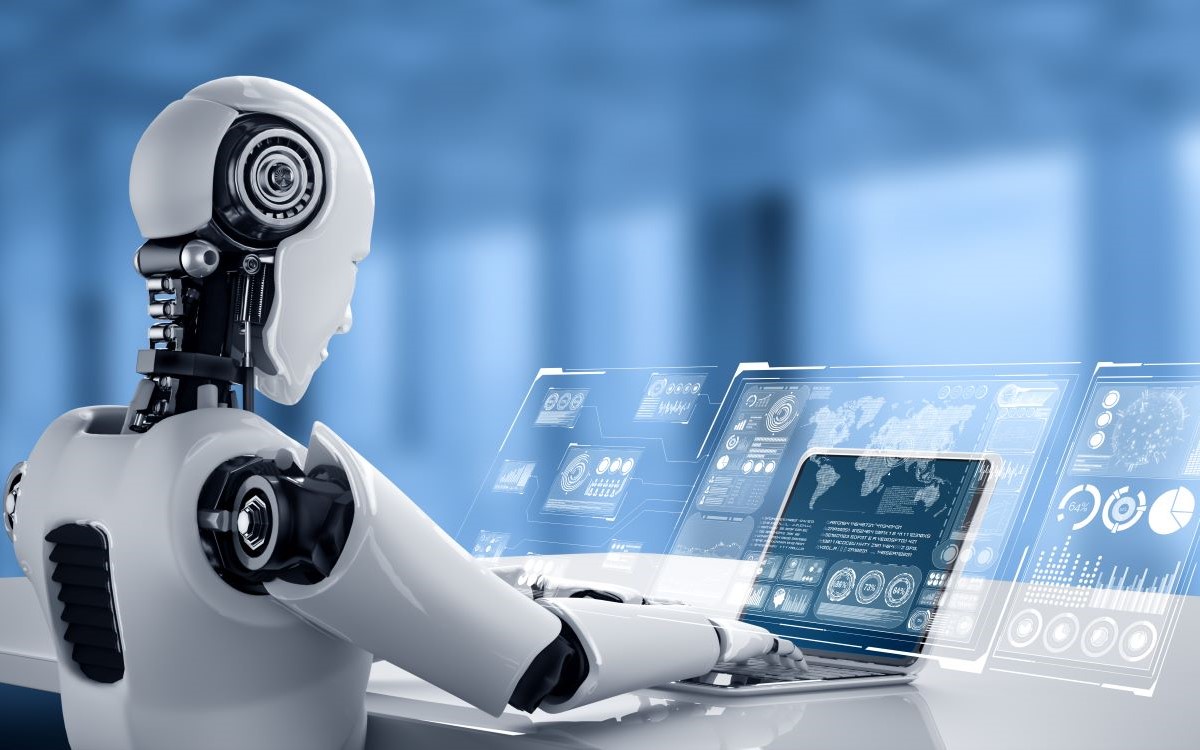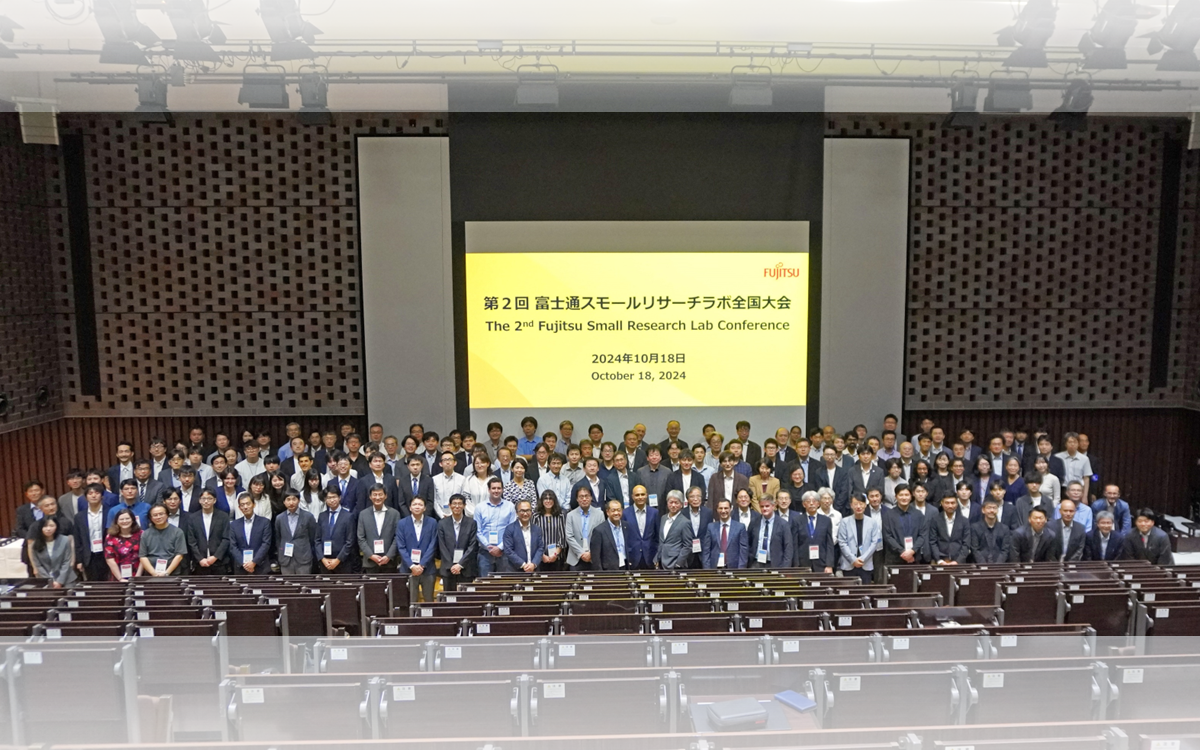
Did you know that a remarkable 71% of business leaders are saying their company’s principal objective with AI is to acknowledge that human workers are better suited to tasks that create more value for customers?
While some ‘lip service’ can be expected here, the size of this majority indicates there’s a strong, widespread and genuine belief that AI is about a wholesale redistribution of tasks performed by humans to better match their abilities and interests.
This reassuring finding comes from taking a close look at the newly published results of independent research into Artificial Intelligence, carried out by Forrester Consulting on a commission from Fujitsu.
The May 2020 study, Starting Today, AI Will Power Businesses into the Future, focuses on AI business issues and contains important insights about organizations’ AI maturity. But the data on which it’s based also contains some fascinating insights about how ai impacts people and vice versa. Let’s call it the human angle.
The data shows that people might be getting a bit too worked up about the possible negative impacts of AI on work, business and society. The latest results show this is in fact quite the opposite.
Businesses are putting people first when it comes to AI
You could be forgiven for thinking all organizations have a secret plan to end human employment in favor of AI-powered bots. As well as creating fear, uncertainty, and doubt about AI, sometimes-lurid coverage has also reduced widespread trust that technology in general can assist people in their daily lives and improve society. But the Forrester data suggests the facts are rather different.
Let’s split this into two complementary sets of findings. The first tells us that most organizations are approaching AI in a much more human-centric way than many articles on the subject would make you think.
Employers – for some years now – have been noticing, worrying about and responding to the demands of employees to perform less boring, more meaningful work. This has been particularly evident among younger generations, whose generally-higher educational levels have led them to expect more from their employer – even when ‘more’ is hard to define. High staff turnover and low employee morale, with their attendant costs and inefficiencies, are the price currently being paid for this. Implemented correctly, AI is the solution to this societal and generational issue.
No, AI isn’t a secret plot to create unemployment
Further evidence for a human dimension to AI deployment comes from the finding that nobody sees AI as being driven by the need to employ fewer humans. The number of respondents who thought this could be the case was a solid zero. Again, the scale of this finding takes us well beyond it being just ‘the right thing to say’.
And when it comes to what a business gets from AI investment, the top single improvement expected by businesses is better customer service. We shouldn’t get too carried away here. Clearly there’s always an eye on improving profit margins, but improved efficiency and higher revenues were knocked into second and third place.
The overall picture is that the strongest reasons organizations are pursuing AI are twofold: to make work more tolerable and satisfying for employees, and to differentiate themselves by the way they treat customers.
Yes, AI still needs people to make it a success
The second set of findings is also encouraging. Again, it contradicts the AI doomsters and underlines how human skills are in high demand to make the best use of this new technology.
The headline: for AI to be delivered effectively, we need more humans with the right skills.
When we looked at building AI capabilities, it was skills issues – in fact, skills shortages – that explain why only 17% of respondents plan to build their own AI capabilities.
However, when it comes to the choice of building those AI capabilities in-house or in the cloud, there’s a surprise: a clear preference to do this in-house. If most organizations take that approach (rather than leveraging resources concentrated in a smaller number of specialist partners), it will only serve to increase the number of people required. The consequences: an even greater premium on people with the right skills.
Respondents would also prefer to buy relevant AI components and adapt them internally. This is marginally more popular than buying solutions with AI already embedded. However, both are substantially more likely than using cloud solutions – where the pressure for internal skills would be reduced.
Given this preference for in-house adaptation, it’s unsurprising that the lack of internal AI development, implementation and operation skills also come out as top challenges. The other challenges identified in the top rank of concerns were the strategic issues of not knowing how and where to deploy AI. These of course also demand human skills and experience to resolve.
What puts greater pressure on internal skills than integrating AI and analytics into existing operations? This tops the list of issues faced right now by respondents. In our experience, integration to legacy or hybrid estates is often the piece of the jigsaw that gets overlooked in planning, neither receiving the right prioritization nor the correct resource allocation.
AI will change society
I’m not trying to minimize the likely impact of AI on work and society. Clearly, this will be profound. But I question the doom and gloom we sometimes hear about AI. If we’re not careful, this will undermine people’s trust. The facts paint a different picture, where most people in business have positive agendas for society and where modern technology brings new work opportunities that are interesting and valuable.
You can see the Forrester study for yourself here. Let me know if you agree – or not – that trust is what’s at stake here. I’d love to hear if you agree that AI, if trusted, gives us less to worry about than the headline writers imagine.










